Field development and economics
MENU
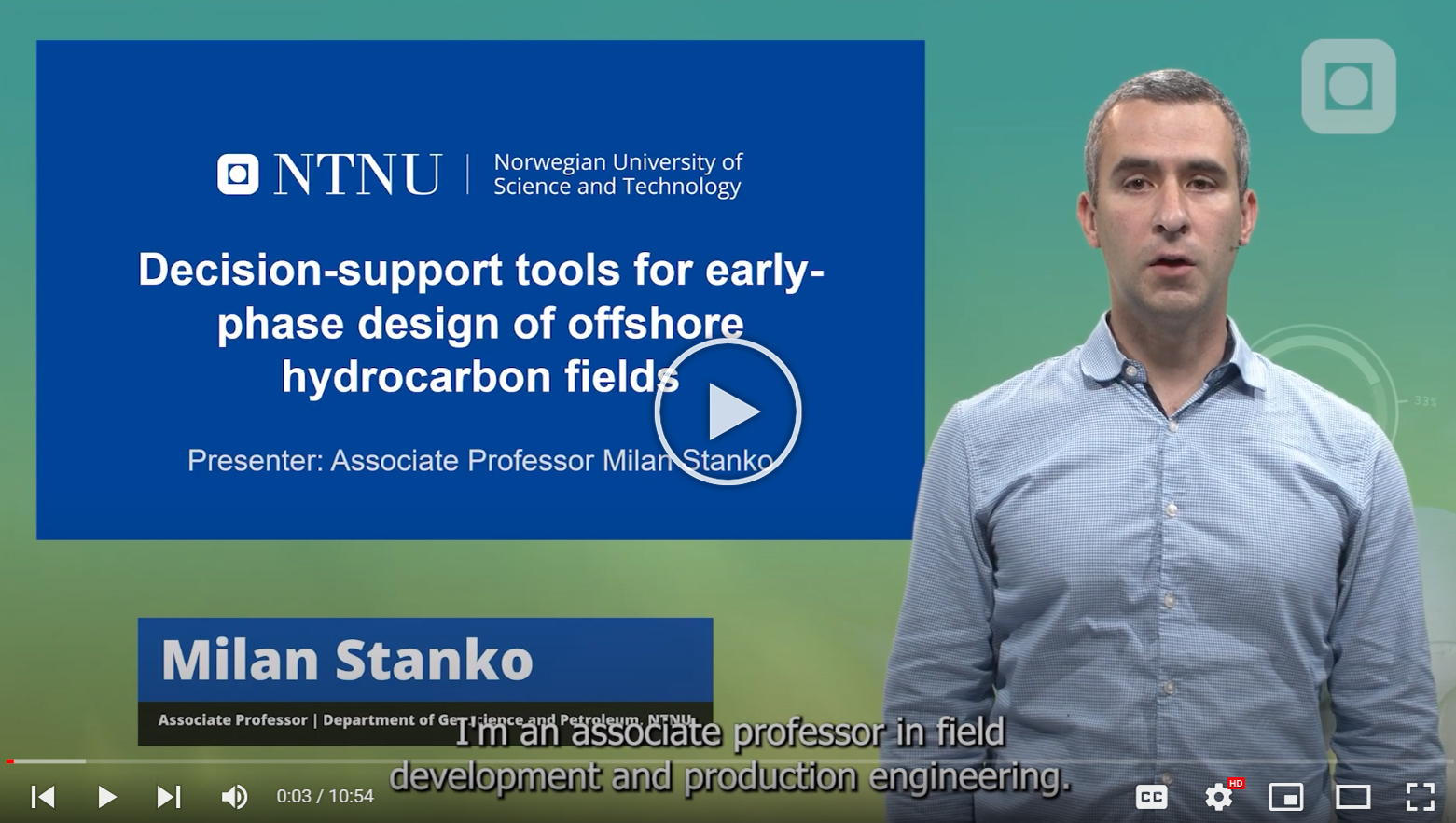
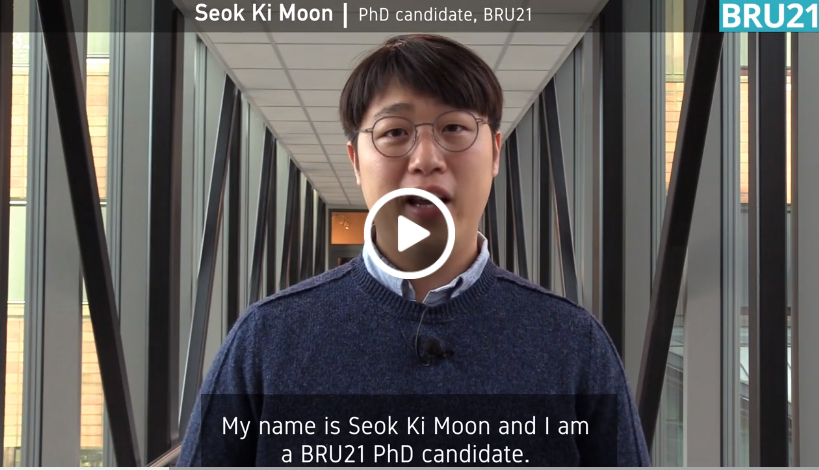
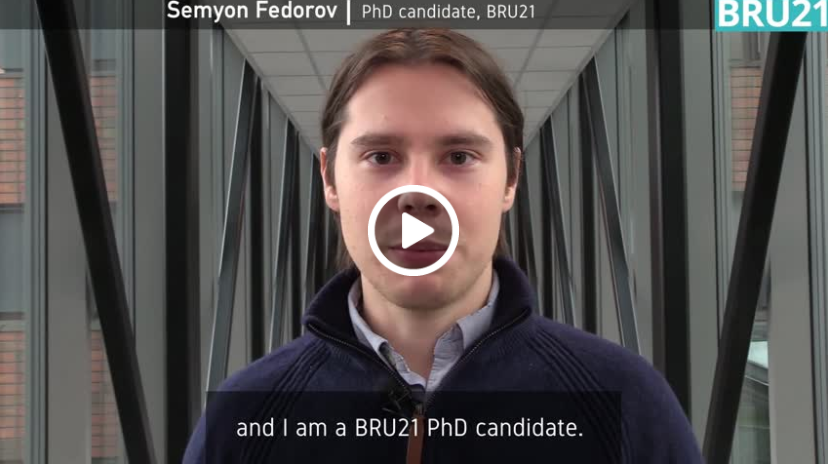
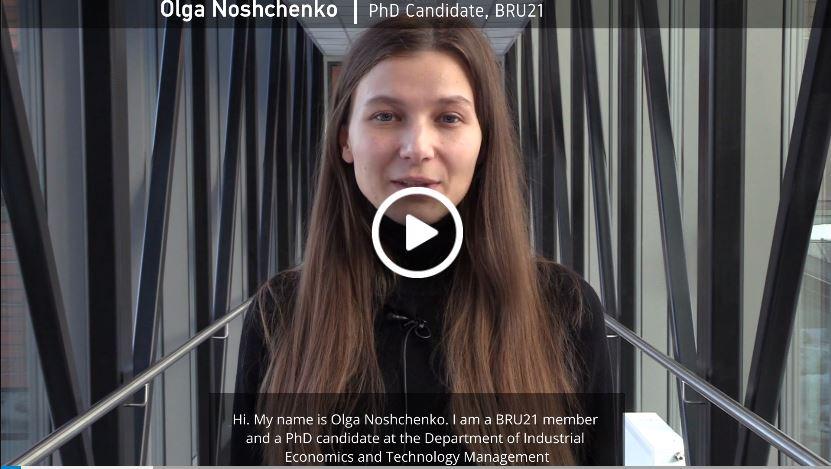
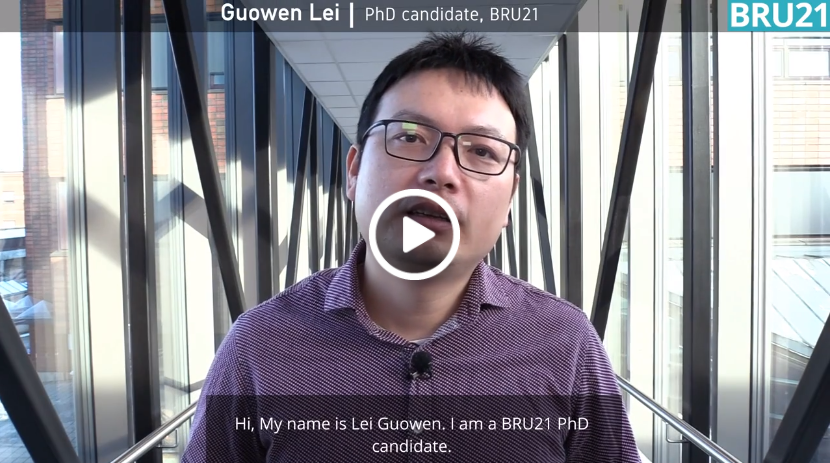
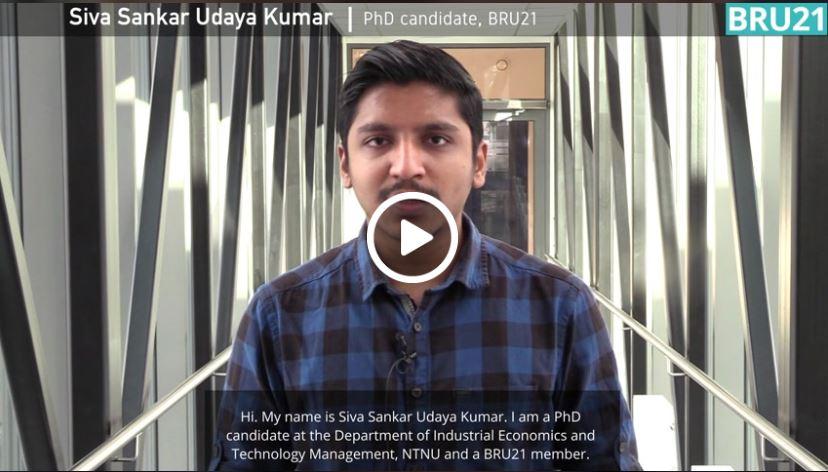
Field development and economics
Field development and economics
The objective of this research area is to improve and disrupt current field design workflows by developing, studying and implementing novel technical and economic valuation solutions that allow one to compute and flag optimum ways of exploiting hydrocarbons based on digital tools and methods. This is important to ensure the profitability of new fields under a low oil price environment, environmental constraints, smaller discovery sizes and challenging areas...read more
Program area team
- Milan Stanko, Assoc. Prof. Petroleum Engineering
- Verena Hagspiel, Prof. Investment and Finance
- Maria Lavrutich, Assoc. Prof. Industrial Economics
- Lars Imsland, Prof. Automatic Control and Optimization
- Asgeir Tomasgard, Prof. Industrial Economics & Technology Management
- Guowen Lei, PhD candidate
- Semyon Fedorov, PhD candidate
- Seok Ki Moon, PhD candidate
- Olga Noshchenko, PhD candidate
- Siva Sankar Udaya Kumar, PhD candidate
Projects
Projects
Field development and economics

Decision-support tools for early-phase design of offshore hydrocarbon fields
Associate Professor Milan Stanko

Improved planning methods for more energy efficient and environmentally friendly fields in the Barents Sea
PhD Candidate Seok Ki Moon, Main Supervisor Milan Stanko, Sponsor: Aker BP

Cost effective development of small discoveries on the Norwegian Continental Shelf
PhD Candidate Semyon Fedorov, Main Supervisor Verena Hagspiel, Sponsor: Okea

Optimal field planning considering uncertainties and environmental performance
PhD Candidate Olga Noshchenko, Main Supervisor Verena Hagspiel, Sponsor: Okea and Norwegian Petroleum Directorate

Automated methodologies for decision support in field development
PhD Candidate Guowen Lei, Main Supervisor Milan Stanko, Sponsor: Lundin Energy Norway AS

Short-term optimization under uncertainty in the Norwegian natural gas system
PhD Candidate Siva Sankar Udaya Kumar, Sponsor: Gassco
person-portlet
Partner access:
Partner access:
- Projects in Field development and economics
- Field development and economics – BRU21 white paper